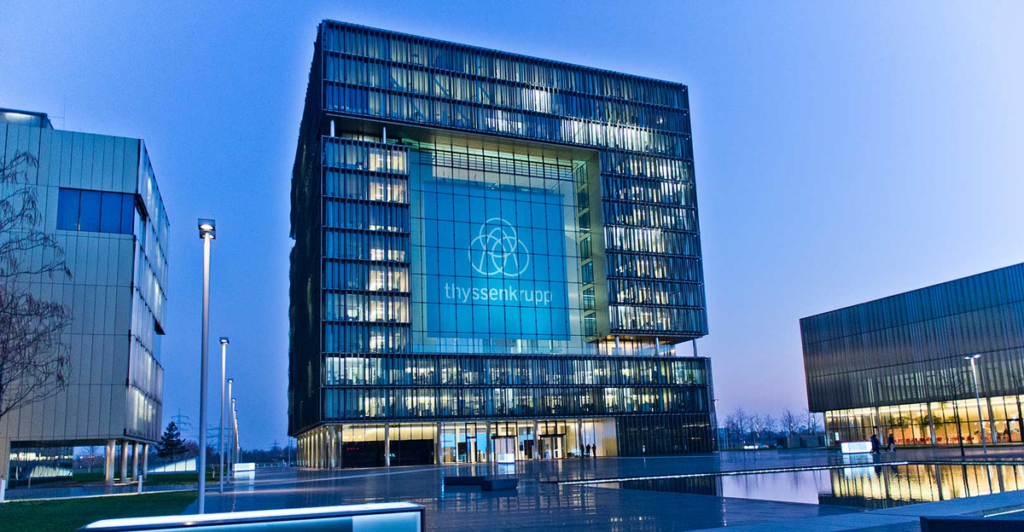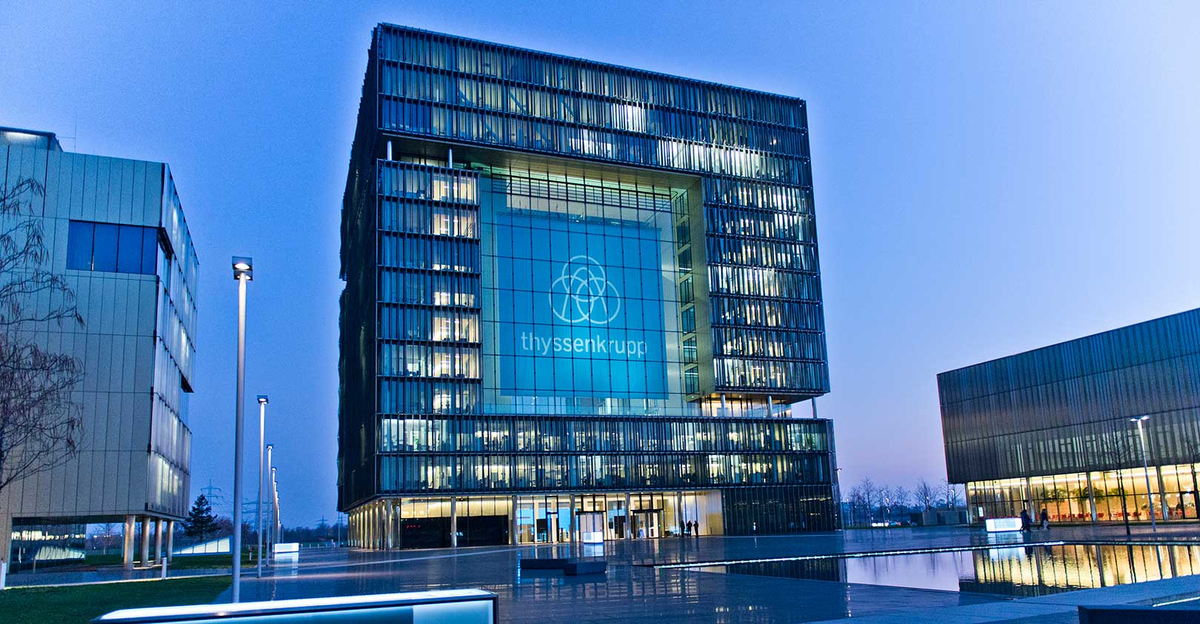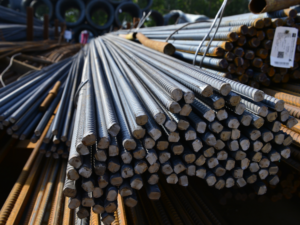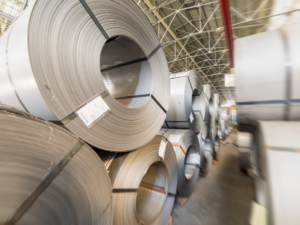
Thyssenkrupp will not be giving an update on the sale of its steel unit until March, while the — now “firmed up” — offer by Liberty Steel is being examined. The German industrial group will also continue to consider a spin-off of the steel unit as a possibility, Thyssenkrupp CEO Martina Merz said in a speech released Feb. 1.
In the speech, made public ahead of the company’s annual general meeting Feb. 5., the CEO said Thyssenkrupp is examining Liberty’s non-binding offer but reiterated it will keep the “dual-track approach”, meaning the company keeps investigating other possibilities for the steel unit.
“Last week, Liberty Steel sent us an updated offer, which we are currently examining very carefully. As agreed, this offer is still not binding and contains a number of complex aspects that require further clarification. We are in discussions with Liberty Steel to this end,” said Merz.
A Liberty spokesman said last week the new bid is based on the results of a comprehensive due diligence process including multiple site visits, which Liberty has been carrying out at Thyssenkrupp Steel Europe. The initial offer was made in October 2020.
Thyssenkrupp however is adamant that not ruling out other options for the steel unit remain a focus as well, as this strategy worked for the sale of the elevator unit.
“We do not intend to make ourselves dependent on any third party and are working hard on an alternative solution to make steel fit for the future by our own efforts. Here, there are two possible variants: continuing the steel business as part of the Group or a spin-off,” she said.
Thyssenkrupp will continue to further reduce costs and invest in modernizing facilities of the steel production.
Merz said that the plate mill will be closing by end-September as no buyer could be found. Sources told S&P Global Platts that the mill is phasing out production and is now only processing orders.
Thyssenkrupp is pledging to increase carbon neutral steelmaking and said trials with hydrogen-based production made progress in 2020 and is involved in several hydrogen procurement projects.
“If we succeed in using hydrogen to make current steel production at Thyssenkrupp climate-neutral, we will reduce Germany’s total CO2 emissions by 2.5%,” said Merz.
With four blast furnaces, Thyssenkrupp is the biggest German steelmaker.
— Laura Varriale





